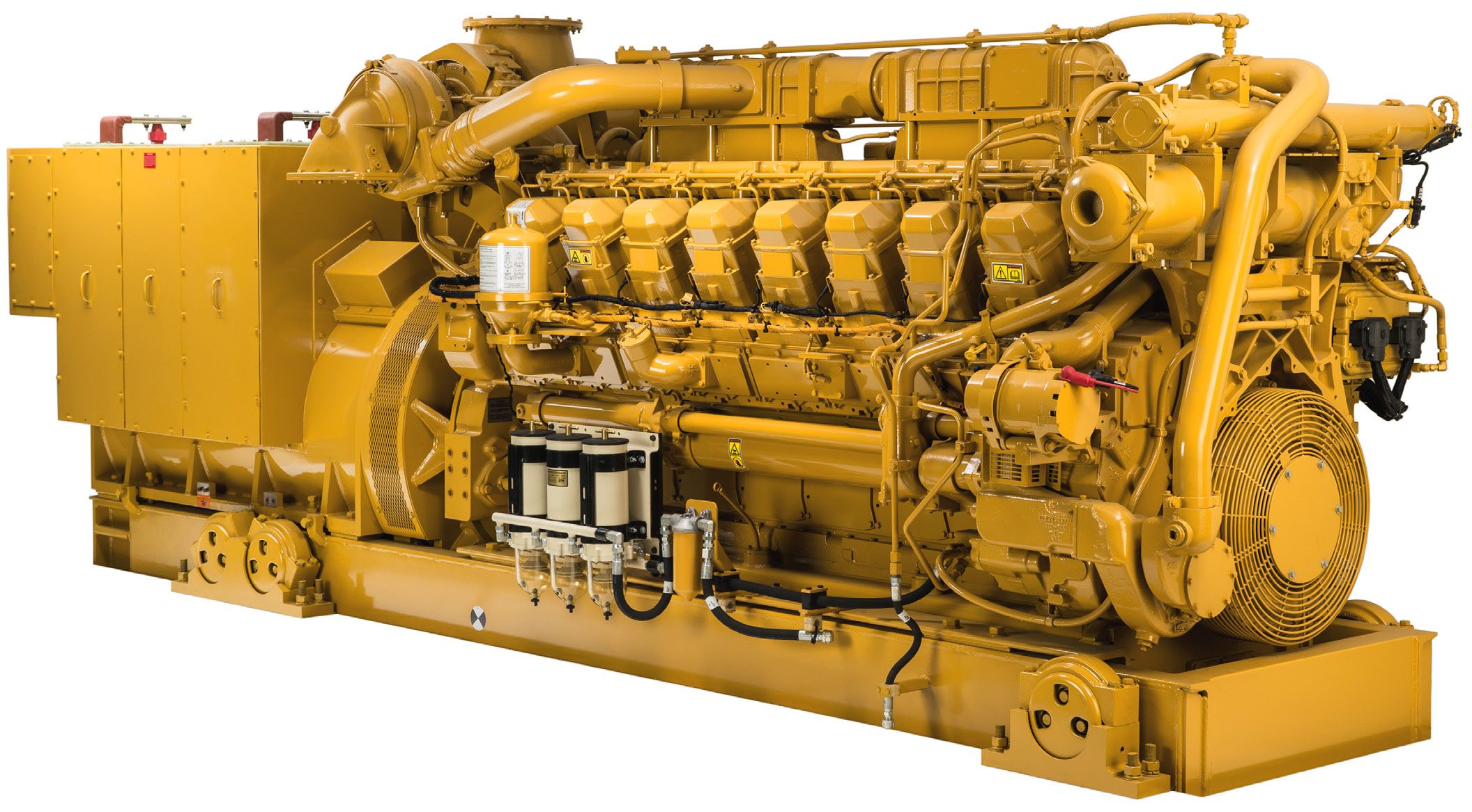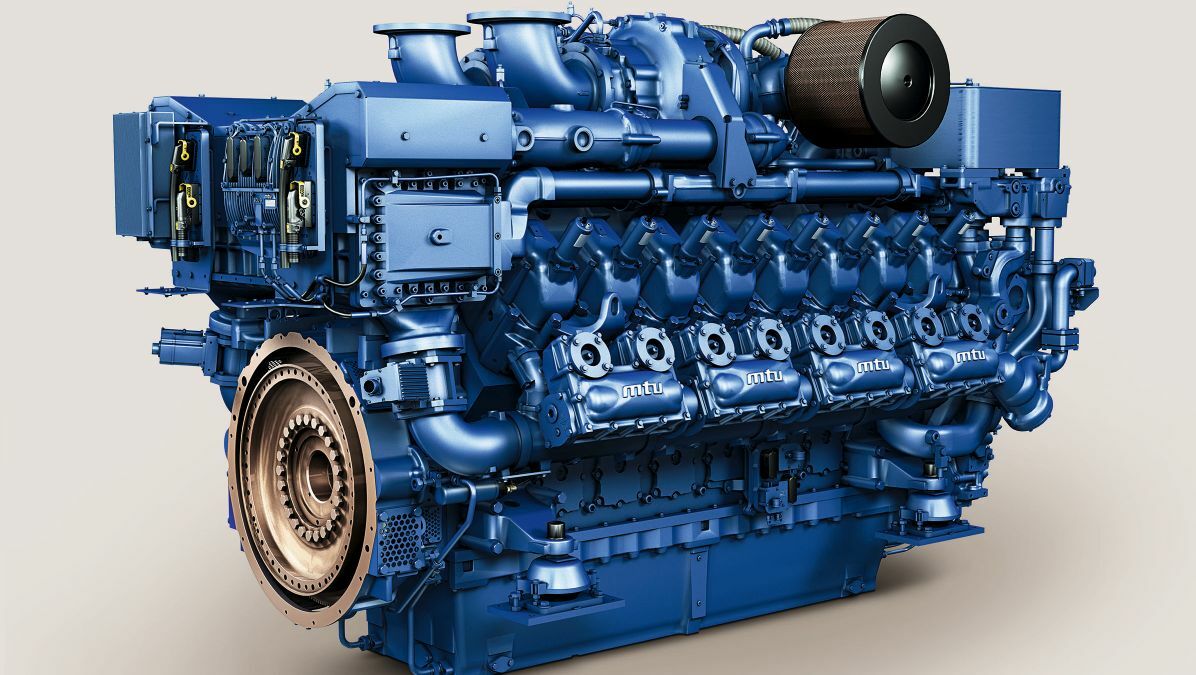The Impact of Innovative Engine Technologies on Energy Performance and Environmental Sustainability
In the realm of transport and commercial machinery, the constant mission for improved energy performance and minimized environmental impact has resulted in significant developments in engine modern technologies. From the progressive shift towards hybrid and electrical systems to the assimilation of turbocharging for improved efficiency, the landscape of engines is progressing quickly. The use of alternate gas additionally branches out the alternatives readily available for lasting power resources. These developments not only guarantee a greener future however additionally hold the possible to transform the means we approach power usage and ecological sustainability.
Evolution of Engine Technologies
The development of engine innovations over the decades has actually been marked by regular advancement and refinement in quest of improved performance and efficiency. From the early days of interior burning engines to the cutting-edge hybrid and electrical powertrains these days, the development of engine innovations has actually been driven by an unrelenting quest for boosted fuel efficiency and decreased exhausts.
One significant landmark in this development was the growth of turbocharging and direct shot systems, which considerably improved engine power outcome while boosting fuel effectiveness. These innovations enabled smaller sized, a lot more light-weight engines that can supply the performance of larger ones without compromising on efficiency.
Additionally, advancements in materials science have actually led to the widespread fostering of lightweight materials such as aluminum and carbon fiber in engine construction. This has not only decreased general automobile weight yet has actually likewise enhanced engine performance by minimizing energy losses related to inertia and rubbing.
Benefits of Electric and Hybrid Equipments
With the expanding concentrate on sustainability and power efficiency, what benefits do hybrid and electrical systems provide in the realm of engine innovations? Electric and hybrid systems existing many advantages that add to an extra lasting and energy-efficient future. Among the main benefits is the considerable decrease in greenhouse gas discharges contrasted to traditional interior burning engines. Electric lorries produce no tailpipe exhausts, resulting in boosted air quality and minimized ecological effect. In addition, electric and hybrid systems are extra energy-efficient, converting a greater percentage of saved power into propulsion contrasted to conventional engines. This performance causes lower energy intake and operating prices over the automobile's lifetime. Electric automobiles offer regenerative stopping systems that record and keep power typically shed during stopping, better improving energy performance (engines for africa). Hybrid systems incorporate the advantages of electric propulsion with the versatility of a combustion engine, supplying extended reducing and driving varieties range anxiousness for consumers transitioning to electrical automobiles. In general, electric and hybrid systems play an important role in progressing energy efficiency and ecological sustainability in the transportation industry.
Turbocharging for Improved Performance
Turbocharging works by making use of a wind turbine to force even more air into the burning chamber, allowing for far better fuel burning and boosted power result without a significant rise in engine size. By maximizing the performance of the combustion procedure, turbocharged engines can accomplish better fuel economy and lowered exhausts, contributing to environmental sustainability. The widespread adoption of turbocharged engines in both gasoline and diesel vehicles demonstrates their effectiveness in stabilizing efficiency, effectiveness, and environmental influence.
Utilizing Different Fuels
Utilizing different gas presents an appealing avenue for lowering carbon discharges and branching out the energy sources utilized in transport. As the world strives to combat climate adjustment and lower dependence on fossil gas, different gas have gotten considerable interest for their potential environmental and economic advantages.
Biofuels, such as ethanol and biodiesel, are obtained from eco-friendly sources like sugarcane, corn, and algae, using a cleaner burning option to standard gas and diesel. These gas can be blended with existing oil gas or made use of in specialized engines, supplying a path to reduced greenhouse gas emissions and improve air high quality.
Furthermore, hydrogen gas cells have actually become an encouraging technology for zero-emission transportation. engines for africa. By converting hydrogen gas into electrical energy to power electrical motors, gas cell lorries produce only water vapor as a byproduct, getting rid of hazardous tailpipe exhausts completely
Along with decreasing carbon exhausts, different gas can useful site likewise improve power safety by branching out the fuel mix and reducing dependence on imported oil. view publisher site Welcoming different gas in transport is a crucial step in the direction of attaining an extra lasting and environmentally pleasant future.

Environmental Advantages and Future Potential customers
Different fuels, such as biofuels, hydrogen, and power, offer substantial environmental benefits contrasted to standard fossil fuels. In addition, different fuels can assist branch out energy resources, improving energy safety and security and minimizing reliance on limited sources.
Improvements in modern technology continue to improve the effectiveness and cost of different gas vehicles, making them much more obtainable to consumers. By embracing alternative gas and ingenious innovations, the course towards a much more lasting future becomes increasingly achievable.

Final Thought
Finally, innovative engine technologies have played a critical function in improving power performance and advertising environmental sustainability. engines for africa. The development of engine modern technologies, adoption of electrical and hybrid systems, use of turbocharging, and exploration of alternate gas have all added to minimizing emissions and raising efficiency. The ecological benefits of these YOURURL.com advancements are clear, and there is fantastic prospective for further progress in the future. Engine modern technologies proceed to be a vital location of focus for attaining a more sustainable future.
In the realm of transportation and industrial equipment, the continuous pursuit for boosted energy effectiveness and reduced environmental influence has led to substantial developments in engine modern technologies. Turbocharging jobs by using a generator to force even more air right into the burning chamber, enabling for much better gas combustion and raised power outcome without a considerable increase in engine size. By making the most of the efficiency of the combustion procedure, turbocharged engines can accomplish improved gas economy and minimized discharges, contributing to ecological sustainability. Alternate gas, such as biofuels, hydrogen, and power, deal significant environmental benefits contrasted to standard fossil fuels. The advancement of engine technologies, fostering of hybrid and electric systems, application of turbocharging, and expedition of alternative gas have all contributed to reducing discharges and enhancing performance.